 LYRICAL BALLADS WILLIAM WORDSWORTH was born in the Lake District in April 1770, and died there eighty years later on 23 April 1850. He had three brothers and a sister, Dorothy, to whom throughout his life he was especially close. When she was six and he was nearly eight, their mother died. Dorothy was sent away to be brought up by relatives and a year later William was sent to Hawkshead Grammar School, scene of the great childhood episodes of The Prelude. Wordsworth was cared for in lodgings and led a life of exceptional freedom, roving over the fells that surrounded the village. The death of his father, agent to the immensely powerful land-owner Sir James Lowther, broke in on this happiness when he was thirteen, but did not halt the education through nature that complemented his Hawkshead studies and became the theme of his poetry.
LYRICAL BALLADS WILLIAM WORDSWORTH was born in the Lake District in April 1770, and died there eighty years later on 23 April 1850. He had three brothers and a sister, Dorothy, to whom throughout his life he was especially close. When she was six and he was nearly eight, their mother died. Dorothy was sent away to be brought up by relatives and a year later William was sent to Hawkshead Grammar School, scene of the great childhood episodes of The Prelude. Wordsworth was cared for in lodgings and led a life of exceptional freedom, roving over the fells that surrounded the village. The death of his father, agent to the immensely powerful land-owner Sir James Lowther, broke in on this happiness when he was thirteen, but did not halt the education through nature that complemented his Hawkshead studies and became the theme of his poetry.
As an undergraduate at Cambridge Wordsworth travelled (experiencing the French Revolution at first hand) and wrote poetry. His twenties were spent as a wanderer, in France, Switzerland, Wales, London, the Lakes, Dorset and Germany. In France he fathered a child whom he did not meet until she was nine because of the War. In 1794 he was reunited with Dorothy, and met Coleridge, with whom he published Lyrical Ballads in 1798, and to whom he addressed The Prelude, his epic study of human consciousness. In the last days of the century Wordsworth and Dorothy found a settled home at Dove Cottage, Grasmere. Here Wordsworth wrote much of his best-loved poetry, and Dorothy her famous Journals.
In 1802 Wordsworth married Dorothys closest friend, Mary Hutchinson. Gradually he established himself as the great poet of his age, a turning-point coming with the collected edition of 1815. From 1813 Wordsworth and his family lived at Rydal Mount in the neighbouring valley to Grasmere. In 1843 he became Poet Laureate. SAMUEL TAYLOR COLERIDGE was born in 1772 at Ottery St Mary, Devon, the youngest son of a clergyman. A precocious reader and talker as a child, he was educated at Christs Hospital School, London, where he began his friendship with Charles Lamb and wrote his early sonnets, and Jesus College, Cambridge.
In 1794 he met Robert Southey and together they planned Pantisocracy, an ideal community to be founded in America, but the project collapsed after a quarrel. Coleridges sonnets were published in the Morning Chronicle, and in 1795 he wrote The Eolian Harp for Sara Fricker, whom he married in the same year, although the marriage was an unhappy one. He first met Dorothy and William Wordsworth in 1797 and a close association developed between them. Coleridge wrote his famous Kubla Khan in the same year, followed in 1798 by Frost at Midnight. In 1798 he and Wordsworth published the Lyrical Ballads, which marked a conscious break with eighteenth-century tradition and included one of Coleridges greatest poems, The Rime of the Ancient Mariner. During a visit to the Wordsworths in 1799 he met Sara Hutchinson, who became his lifelong love and the subject of his Asra poems.
In the following year Coleridge and his family settled in at Great Hall, Keswick, where he completed the second part of Christabel, begun in 1798, but also became addicted to opium. In 1804 he separated from his wife and spent the following years in the Mediterranean or London, returning in 1808 to live with the Wordsworths in Grasmere. In 1809 he established The Friend, a political, literary and philosophical weekly journal, which he published regularly over the next year. After a disagreement with Wordsworth in 1810 Coleridge left the Lake District for ever, centring his life thereafter in London, where he gave his Shakespeare Lectures. He presented his literary and philosophical theories in the two-volume Biographia Literaria, published in 1817, and collected his poems in Sibylline Leaves. In an attempt to control his opium addiction, he entered the household and care of Dr James Gillman at Highgate in 1816.
Here was to remain for the last eighteen years of his life, writing a number of late confessional poems and prose works, including Aids to Reflection, published in 1825. Coleridge died in 1834, having overseen a final edition of his Poetical Works. MICHAEL SCHMIDT is Professor of English and Director of the Writing School at Manchester Metropolitan University. He is the author of the critical history Lives of the Poets (1999), The Story of Poetry (five volumes, 2001), and The First Poets: Lives of the Ancient Greek Poets. He has edited the Harvill Book of Twentieth-Century Poetry in English (2000). He is a poet, novelist and translator and he edited Malcolm Lowrys Under the Volcano for Penguin.
He is Editorial and Managing Director of Carcanet Press Limited and Editor of the journal PN Review. WILLIAM WORDSWORTH AND SAMUEL TAYLOR COLERIDGE
Lyrical Ballads
with a few other poemswith a note on the Text by MICHAEL SCHMIDT PENGUIN BOOKS PENGUIN BOOKS Published by the Penguin Group Penguin Books Ltd, 80 Strand, London WC2R 0RL , England Penguin Group (USA) Inc., 375 Hudson Street, New York, New York 10014, USA Penguin Group (Canada), 90 Eglinton Avenue East, Suite 700, Toronto, Ontario, Canada M4P 2Y3 (a division of Pearson Penguin Canada Inc.) Penguin Ireland, 25 St Stephens Green, Dublin 2, Ireland (a division of Penguin Books Ltd) Penguin Group (Australia), 230 Camberwell Road, Camberwell, Victoria 3124, Australia (a division of Pearson Australia Group Pty Ltd) Penguin Books India Pvt Ltd, 11 Community Centre, Panchsheel Park, New Delhi 110 017, India Penguin Group (NZ), cnr Airborne and Rosedale Roads, Albany, Auckland 1310, New Zealand (a division of Pearson New Zealand Ltd) Penguin Books (South Africa) (Pty) Ltd, 24 Sturdee Avenue, Rosebank, Johannesburg 2196, South Africa Penguin Books Ltd, Registered Offices: 80 Strand, London WC2R 0RL , England www.penguin.com This edition first published in Penguin Books 1999 Published in Penguin Classics 2006 Note on the text copyright Michael Schmidt, 1999 All rights reserved The moral right of the author of the Note on the Text has been asserted Except in the United States of America, this book is sold subject to the condition that it shall not, by way of trade or otherwise, be lent, re-sold, hired out, or otherwise circulated without the publishers prior consent in any form of binding or cover other than that in which it is published and without a similar condition including this condition being imposed on the subsequent purchaser ISBN: 9781101490389
CONTENTS
The Rime of the Ancyent Marinere
IN SEVEN PARTS ARGUMENT How a Ship having passed the Line was driven by Storms to the cold Country towards the South Pole; and how from thence she made her course to the tropical Latitude of the Great Pacific Ocean; and of the strange things that befell; and in what manner the Ancyent Marinere came back to his own Country.
I
It is an ancyent Marinere, And he stoppeth one of three: By thy long grey beard and thy glittering eye Now wherefore stoppest me? The Bridegrooms doors are opend wide And I am next of kin; The Guests are met, the Feast is set, Mayst hear the merry din. But still he holds the wedding-guest There was a Ship, quoth he Nay, if thoust got a laughsome tale, Marinere! come with me. He holds him with his skinny hand, Quoth he, there was a Ship Now get thee hence, thou grey-beard Loon! Or my Staff shall make thee skip. He holds him with his glittering eye The wedding guest stood still And listens like a three years child; The Marinere hath his will.
Next page
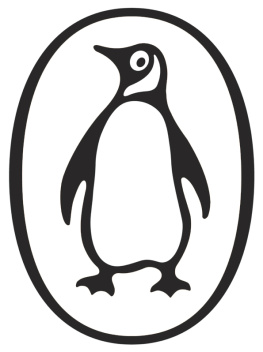
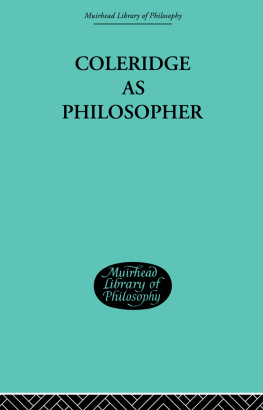
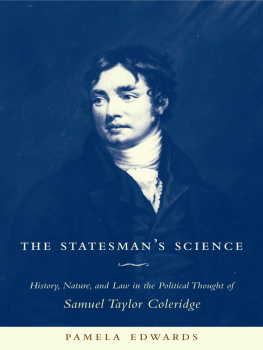
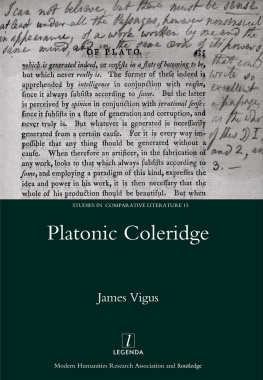
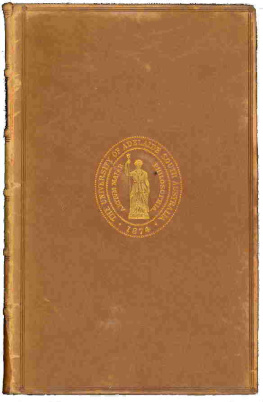

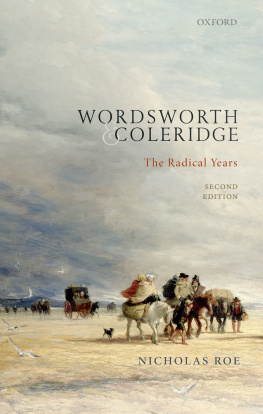
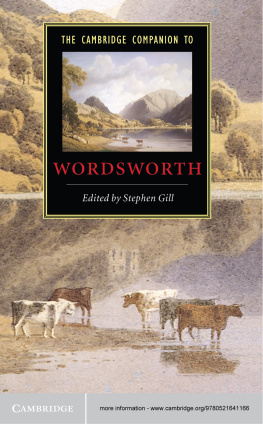
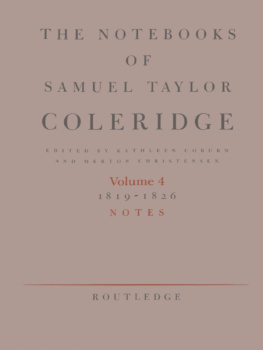
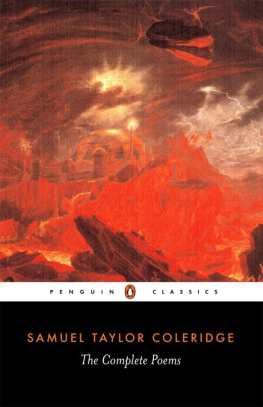
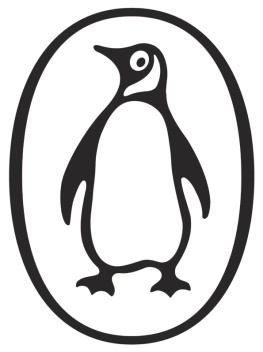
 LYRICAL BALLADS WILLIAM WORDSWORTH was born in the Lake District in April 1770, and died there eighty years later on 23 April 1850. He had three brothers and a sister, Dorothy, to whom throughout his life he was especially close. When she was six and he was nearly eight, their mother died. Dorothy was sent away to be brought up by relatives and a year later William was sent to Hawkshead Grammar School, scene of the great childhood episodes of The Prelude. Wordsworth was cared for in lodgings and led a life of exceptional freedom, roving over the fells that surrounded the village. The death of his father, agent to the immensely powerful land-owner Sir James Lowther, broke in on this happiness when he was thirteen, but did not halt the education through nature that complemented his Hawkshead studies and became the theme of his poetry.
LYRICAL BALLADS WILLIAM WORDSWORTH was born in the Lake District in April 1770, and died there eighty years later on 23 April 1850. He had three brothers and a sister, Dorothy, to whom throughout his life he was especially close. When she was six and he was nearly eight, their mother died. Dorothy was sent away to be brought up by relatives and a year later William was sent to Hawkshead Grammar School, scene of the great childhood episodes of The Prelude. Wordsworth was cared for in lodgings and led a life of exceptional freedom, roving over the fells that surrounded the village. The death of his father, agent to the immensely powerful land-owner Sir James Lowther, broke in on this happiness when he was thirteen, but did not halt the education through nature that complemented his Hawkshead studies and became the theme of his poetry.